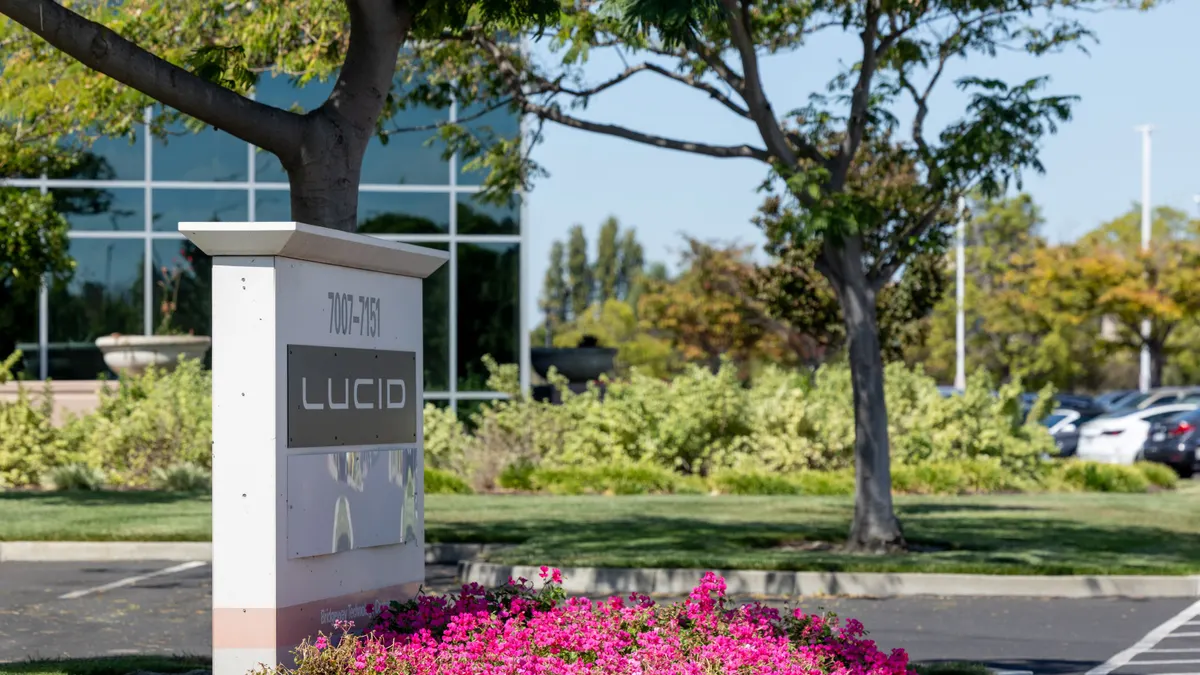“Can you recall a time when there was so much trouble in so many different places around the world?” asked CBS newsman Bob Schieffer earlier this year on the TV program Face the Nation. “There are an awful lot of things going on that need understanding and explanation,” responded his guest, former Secretary of State Madeleine Albright. “But to put it mildly, the world is a mess.”
A mess with many repercussions for companies doing business overseas. From Ukraine to Iraq, Russia to Argentina, China to Venezuela, political risk is on the rise. Companies like Exxon Mobil, Schlumberger, McDonald’s, Visa, and Condé Nast have been caught in the cross-fire of sanctions between the United States and the European Union on one hand and Russia on the other. In a recent article in Fortune, consultant Ian Bremmer accused Russia and China of driving “an emerging Cold War on business.”
Five years ago, the issue of political risk was “buried,” says Stephen Kay, U.S. political risk practice leader at Marsh. Companies “were herding toward emerging markets, without thinking very hard about the risks involved.” Today, political risk has snapped back with a vengeance. “We’re kind of going through the BRICs; they were supposed to be the bedrock of emerging markets,” Kay says, referring to Brazil, Russia, India, and China. In India, there’s a broad-based insurgency with political violence between terrorist groups; in China, “the growth story is being questioned from all sides today.” The “fairy tale story” of Russian growth “has proven to be closer to a nightmare,” says Kay, “and even Brazil’s growth story looks at risk of backsliding into populism.”
Small wonder that the 1,200 executives who responded to a September survey by McKinsey cited geopolitical instability as the top risk to global growth. Still, despite all the bad news, the good news is that companies can mitigate the political risk associated with emerging markets. One way to do so is to buy political risk insurance; another is to deploy a forward-looking risk management strategy that emphasizes engagement with local governments, businesses, and communities.
 From Exploration to Frustration
From Exploration to Frustration
“Political risk insurance is designed to protect companies that are working primarily in emerging markets against the sort of unforeseeable, unpredictable exposures that constitute a political risk,” says Roger Schwartz, senior vice president of Aon Risk Solutions’ political risk practice. “It’s what people in the business say is a low frequency, high severity risk. When it hits, it generally hits pretty hard or totally.”
Political risk insurance (PRI) can be classified into two broad categories: coverage for corporate assets and investments, and coverage for trade risks, according to Laura Burns, senior vice president for political risk in the financial solutions division of Willis. The first category is typically structured to protect companies from three risks: expropriation, political violence, and currency convertibility.
Regarding the first risk, “the quintessential Hugo Chávez expropriation had been the poster child of that product line,” says Burns, referring to the former Venezuelan president who nationalized foreign firms in sectors from energy to food operations. But acts of expropriation are increasingly occurring in other emerging markets where nationalism is on the rise, she notes. Expropriation coverage also protects firms against “creeping expropriation,” defined as a series of discriminatory actions targeted at foreign firms, such as onerous regulation or taxation, says Burns.
Like property insurance, political violence insurance covers physical damage, but here resulting from war, revolution, insurrection, terrorism, strikes, riots, and so on. Currency convertibility insurance covers situations when a country’s currency controls prevent firms from converting local currency into hard currency or transferring hard currency out of the country.
The second category of PRI addresses trade risks—in particular, “contract frustration,” when, for example, a sovereign government refuses to pay a defense contractor for equipment delivered under a long-term contract, says Burns.
Providing PRI
Demand for PRI is “quite strong” at the moment, says Aon’s Schwartz. “Understandably, it tends to be higher when the news cycles are not so good.”
Who underwrites PRI? The private market for this insurance is “very robust,” says Burns, with more than 40 carriers, led by companies such as ACE, AIG, XL, Zurich, and the Lloyd’s syndicates. Burns says it’s a buyer’s market for PRI: “The market seems to be growing every day—there’s more capacity, more competition,” she says.
PRI is also underwritten by public entities, such as the Multilateral Investment Guarantee Agency (MIGA), an arm of the World Bank, and the U.S. government’s Overseas Private Investment Corp. (OPIC). These entities may offer alternative benefits to an organization. “When they write political risk insurance, they are essentially bringing along the World Bank or U.S. government into the transaction as a business partner,” explains Burns. “If you were to run into adverse events—discriminatory regulatory changes, or the beginnings of what appears to be an expropriatory event—these institutions could potentially use their sway and leverage to advocate for you to deter the situation.”
A drawback of the public market is the amount of time needed for the application process—typically close to a year or more, compared with 45 to 60 days for a private insurer, says Burns.
If PRI is not purchased in advance of risk events, companies risk being locked out of the market. “‘Just-in-time’ political risk management just doesn’t work,” said Angela Duca, vice president for political risk at Marsh, in an October webcast. Marsh advises companies to buy PRI broadly on a multicountry basis, when the market is soft, said Duca.
Local Knowledge
Not every company will choose to buy political risk insurance, while others with large balance sheets may self-insure political risk. But every company entering an emerging market should have a risk management strategy.
“The first thing is to identify the risk and be aware of it,” says Stephen Kay of Marsh. “Many companies that enter into developing countries have a very crude understanding of the new environment. It’s important to have an ear to the ground.”
Hiring a specialist firm in political risk analysis is one way to accomplish that. Such firms can help managers develop scenarios and outcomes that will be considered in any decision to enter (or stay in) a given country, says Kay. Companies can also team up with a local joint-venture partner who can navigate the local landscape. However, “that can also backfire,” says Kay, “if there is a revolution and the joint-venture partner happens to be on the wrong side of the new government.”
A company may also engage with local governmental institutions, including taking out loans from government-owned banking institutions, says Kay. Having local creditors to the venture “may offer a certain protection against government interference,” he says.
Kay adds that it’s practically mandatory for foreign companies to become model citizens of the countries they go into—contributing to the local community, creating employment, keeping in touch with local groups and nongovernmental organizations, being sensitive to environmental concerns. “It makes good business sense to pay attention to these kinds of things,” he says.
Still another way to shield against political risk is to do business in countries that have a bilateral investment treaty (BIT) with the United States. “The proliferation of BITs has been a big trend in international law over the last decade,” says Kay. Under a BIT, each country promises to treat investors from the other country fairly and equitably. These long-term treaties provide an arbitration forum for the resolution of disputes between private investors and states by a panel of experts.
“The existence of a BIT sends a signal that the host country has a certain mind-set of being open to, say, American investors,” says Kay. But BITs have become so popular that developing countries have begun to push back, says Kay, contending that the treaties favor international investors and result in a surrendering of sovereignty by the host country. Some countries have completely withdrawn from BITs, and even prominent countries like Brazil have refused to sign them. Argentina, for one, has repeatedly refused to make payments in disputes it has lost, says Kay.
Jim DeLoach, a managing partner at Protiviti, says one of the hardest things for a company to do is to translate risk assessments into actionable steps. “When you see risk increasing, you need to monitor the level of investment in the country,” he says. DeLoach recalls a mining company in an African country that was facing “significant exchange controls.” “When they realized they couldn’t get their money out, they decided not to put more money into the country,” he says. “They stressed borrowing in the local currency, spending in the local currency, purchasing equipment and inventory in the local currency, trying to keep it all local.”
Even the best companies can suffer asset losses because of political risk, says DeLoach. In such cases, he recommends conducting a post-mortem: “What went wrong? When did we have the signs that the situation was deteriorating? Did we have reliable people on the ground?”
Edward Teach is editor-in-chief of CFO.




















